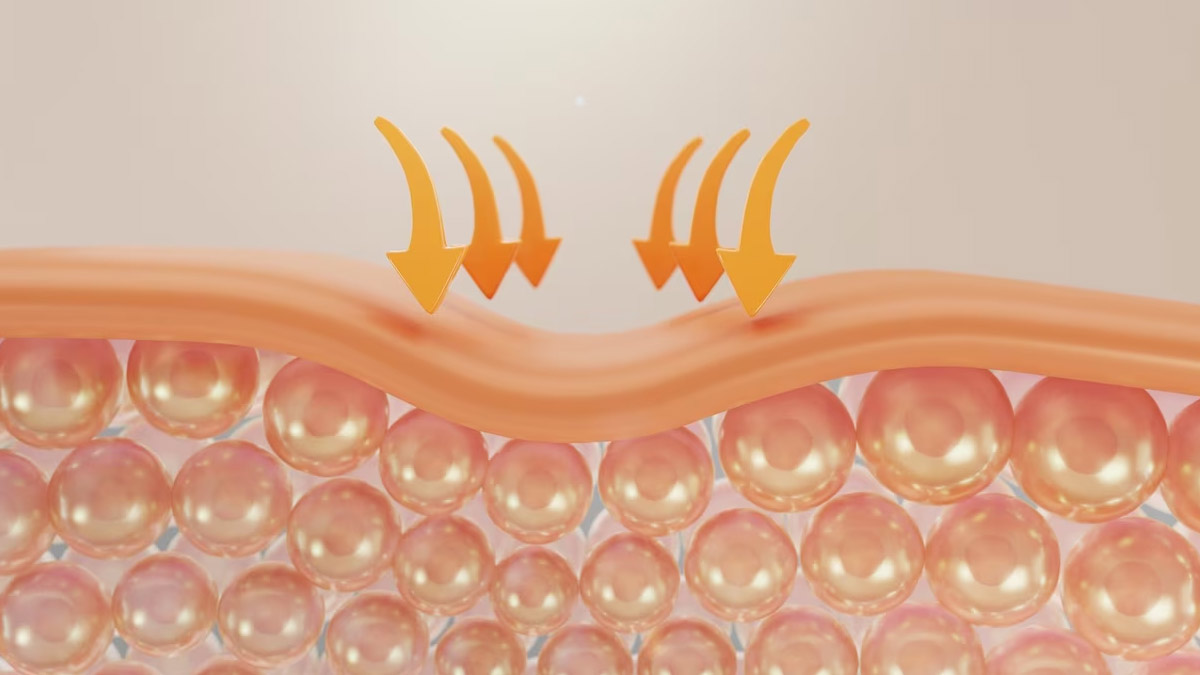
Collagen is essential for keeping healthy skin, hair, nails, joints, and other tissues. It is a protein that serves as a structural component for many connective tissues in the human body. While our bodies manufacture collagen naturally, production declines with age, resulting in apparent indications of aging and associated health risks.
Table of Content:-
One evaluation of 11 research, largely focusing on women, discovered that ingesting 3-10 grams of collagen per day for an average of 69 days improved skin elasticity and moisture.
The Benefits Of Collagen
Collagen is a multi-faceted protein with numerous health benefits. Here are some of the key advantages associated with maintaining optimal collagen levels:
Skin Health
Collagen provides elasticity and hydration to the skin, reducing the appearance of wrinkles and fine lines. It also promotes wound healing and can help manage skin conditions like acne and eczema.

Joint Health
Collagen is a major component of cartilage, which cushions joints and prevents them from grinding together. It can help alleviate joint pain and stiffness, especially in individuals with osteoarthritis.
Hair and Nail Strength
Collagen supports the growth of strong, healthy hair and nails, preventing brittleness and breakage.
Muscle Mass
This protein aids in muscle growth and repair, making it essential for athletes and fitness enthusiasts.
Also read: Busting Myths Associated With Collagen Supplements
Gut Health
Collagen can help repair the gut lining, potentially improving digestion and reducing the symptoms of conditions like leaky gut syndrome.
Foods to Boost Collagen Production
Bone Broth
This nutrient-dense broth is rich in collagen and essential amino acids that support collagen synthesis. It's a delicious and easy way to boost your collagen intake.
Salmon
Fatty fish like salmon are packed with omega-3 fatty acids, which can help promote collagen production. Omega-3s reduce inflammation and support healthy skin.
Berries
Berries, such as strawberries and blueberries, are high in antioxidants, which protect collagen from damage caused by free radicals. Antioxidants help maintain youthful skin.
Leafy Greens
Spinach, kale, and other leafy greens are loaded with vitamin C, a key nutrient for collagen production. Vitamin C is essential for the formation of collagen fibers.
Citrus Fruits
Oranges, lemons, and other citrus fruits are also rich in vitamin C. Including these in your diet can enhance collagen synthesis.
Also read:6 Signs that you lack Collagen in your Body
Garlic
Garlic contains sulfur compounds that support the formation of collagen and help maintain the health of your skin and joints.
Eggs
Egg whites are an excellent source of proline, one of the amino acids necessary for collagen production. Including eggs in your diet can aid in collagen synthesis.
Supplements and Considerations
While these foods can help boost collagen production, some individuals may benefit from collagen supplements. Collagen supplements come in various forms, such as powders, capsules, and liquids, and can be a convenient way to ensure you're getting enough of this essential protein.

It's important to note that collagen production is also influenced by other factors, including genetics, overall diet, and lifestyle. Smoking, excessive sun exposure, and a diet high in sugar and processed foods can negatively impact collagen levels.
Also watch this video
How we keep this article up to date:
We work with experts and keep a close eye on the latest in health and wellness. Whenever there is a new research or helpful information, we update our articles with accurate and useful advice.
Current Version